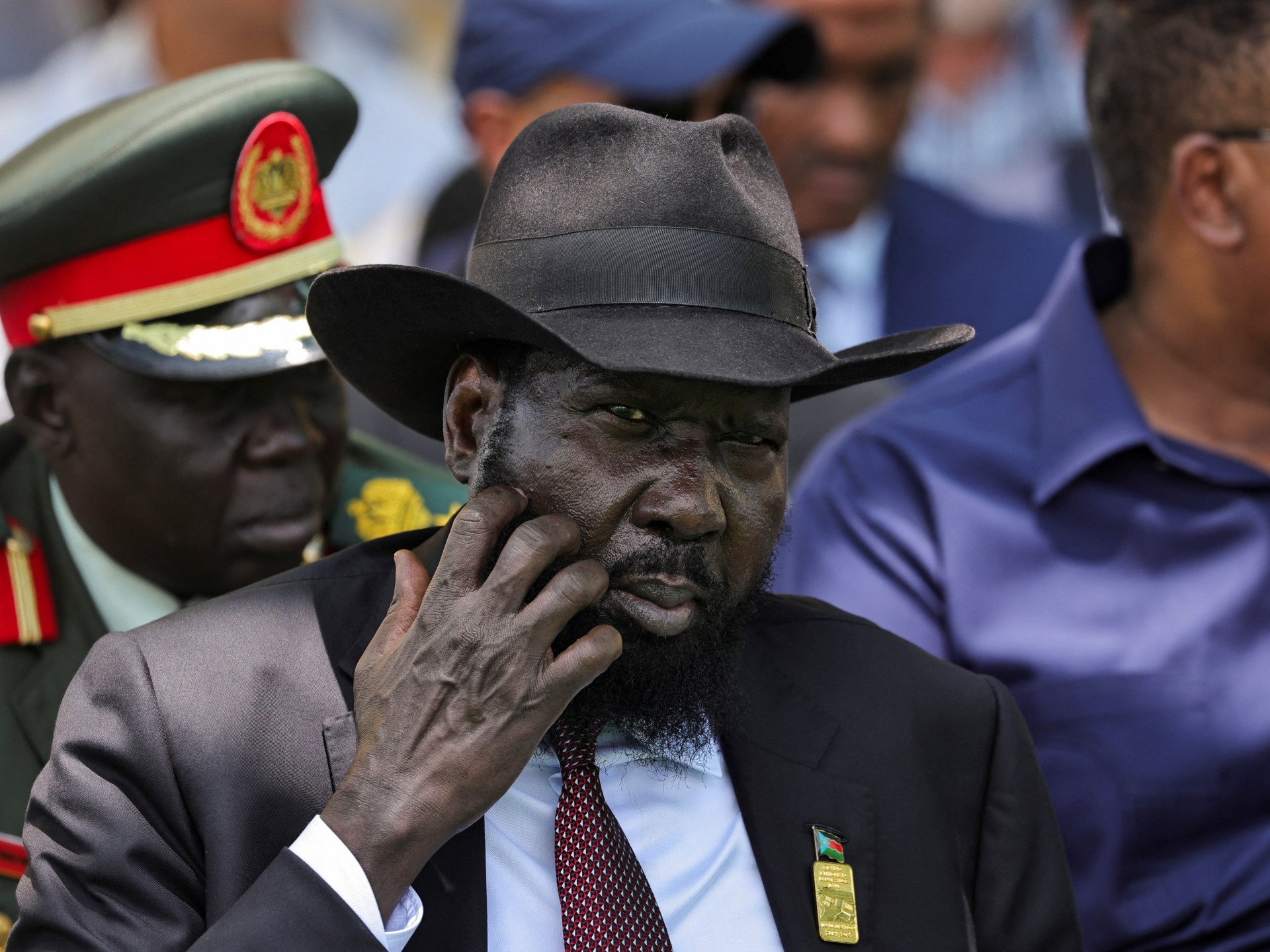United Nations investigators have accused South Sudanese authorities of plundering one of the world’s youngest and most impoverished nations’ wealth of billions of dollars in public funds stolen as the majority of the country deals with a deepening food crisis.
In a report made public on Tuesday, the UN Commission on Human Rights in South Sudan says authorities allegedly used several schemes to divert significant amounts of money from public revenue since the country’s independence in 2011.
Recommended Stories
list of 3 itemsend of list
“The country has been captured by a predatory elite that has institutionalised the systematic looting of the nation’s wealth for private gain,” said the commission, according to the Reuters news agency.
“While a small group of powerful actors pillage and loot the country’s wealth and resources, enriching themselves, the state has effectively abdicated its sovereign responsibilities to its population, outsourcing critical services — such as the provision of food, health care, and education to international donors,” the report says.
“Corruption is killing South Sudanese,” it adds.
According to the 101-page report, payments from 2021 to 2024 were a single example of the authorities’ “grand corruption”.
It claimed that the government’s oil-for-roads programme had funnelled oil revenue to companies linked to Benjamin Bol Mel, a businessman close to President Salva Kiir who was appointed second vice president this year.
According to the report, $1.7bn of the $2.2bn set aside for the roads programme was unaccounted for, with 95 percent of roads by the initiative still not reaching completion.
However, the government rejected the UN report, stating that it was “meant to smear the good image of the people of South Sudan and its leadership”.
Moreover, the report found another scheme that was “politically connected” to Crawford Capital Ltd, which took tens of millions of dollars through “irregular government e-services”, such as electronic visas.
The commission said its focus on corruption in South Sudan was necessary because it was undermining the government’s ability to reach its human rights targets.
“Locked in a zero-sum competition for power and control of resources and territory, South Sudan’s elites continue to pursue partisan political ends, mobilising and exploiting ethnic differences and tensions,” it said.
According to food security analysts, 76 of the country’s 79 counties are in the midst of a severe food crisis, with only minimal funds directed towards rectifying the situation.
Political turmoil, fears of renewed civil war
Last week, Riek Machar, South Sudan’s now-suspended first vice president, was charged with murder, treason and crimes against humanity. The charges stem from his alleged involvement in attacks by a militia against federal forces in March, the justice minister announced on Thursday.
There have been fears that civil war may ignite again. Machar and Kiir have long been rivals.
Civil war broke out in oil-producing South Sudan in 2013 — less than two years after the country gained independence from Sudan following decades of war — after Kiir sacked Machar as vice president, accusing him of plotting a coup.
The conflict killed an estimated 400,000 people directly and indirectly, and forced roughly four million — one-third of the population — from their homes before a 2018 peace deal saw the pair form a government of national unity.
Source: Aljazeera

Leave a Reply